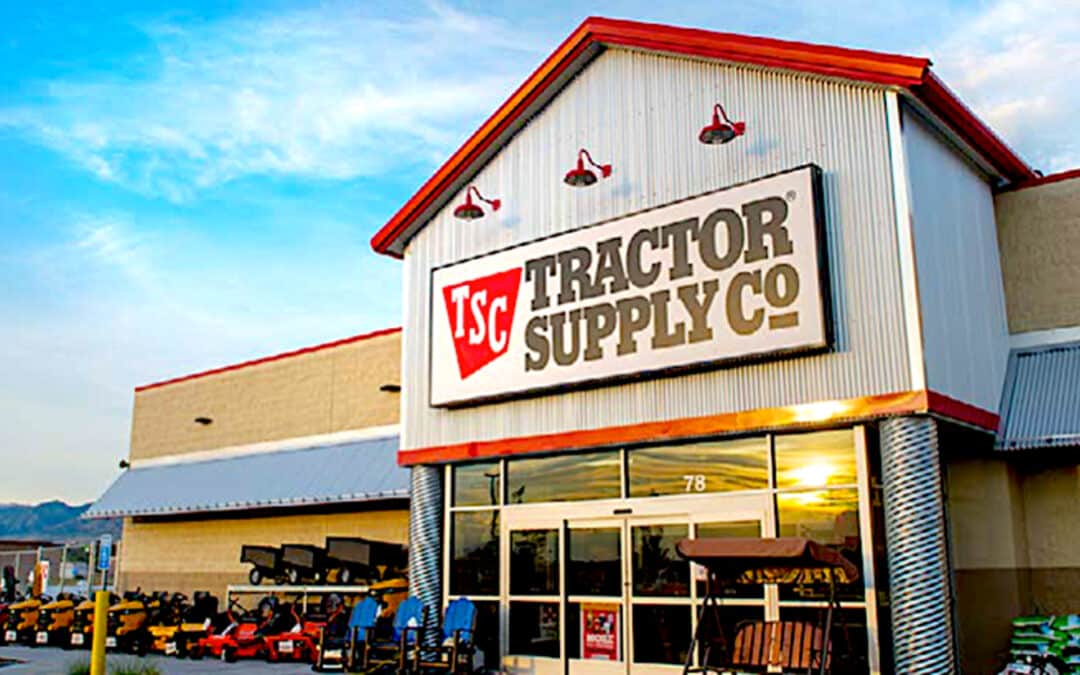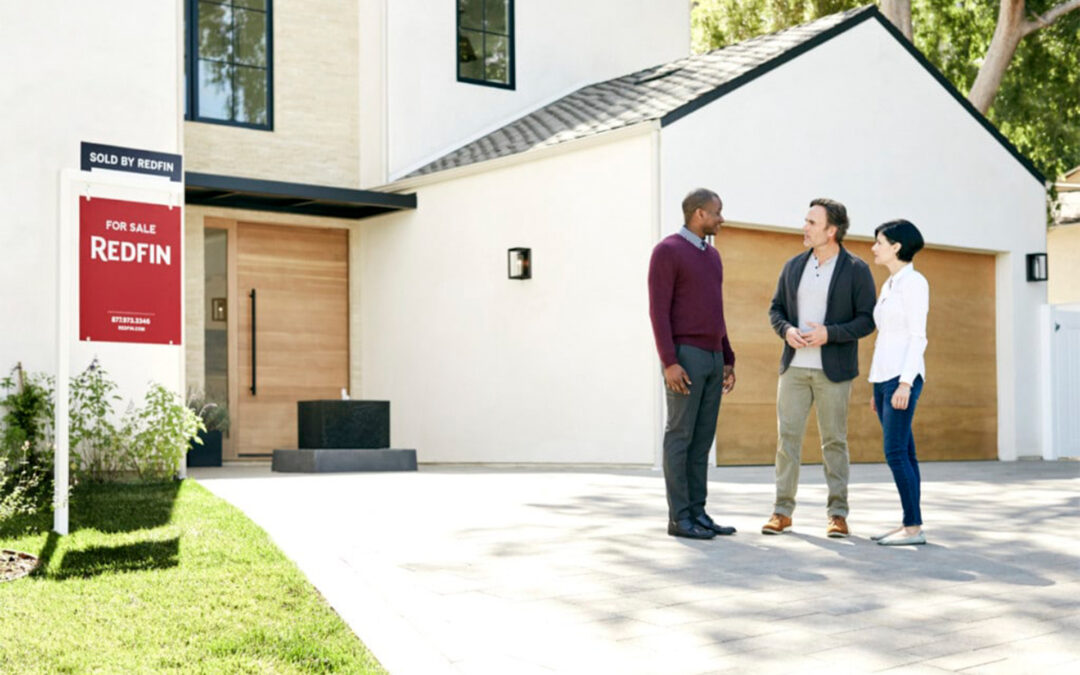In a survey it sponsored in 2021, Coveo found that retailers often failed to meet consumers’ rising e-commerce expectations, and the company didn’t find much difference in 2022.
The general results were pretty much the same year over year. For example, 91% of respondents encountered at least one problem when shopping online over the past year, consistent with the earlier result, citing issues such as slow websites, at 35%, not finding what they want, at 34%, and disorganized site or app navigation, at 29%. In terms of expectations, Coveo pointed out, things actually got tougher on e-tailers year over year: 93% of consumers surveyed in 2022 expected their online shopping experience to be at least equal to, if not better, than in-store, up from last year’s 90% figure.
Asked how they usually discover products online, the survey gave respondents the option of choosing more than one source. However, 44% selected only one answer, with 32% saying they do so through Google or a search engine, 30% saying they start searching on Amazon, and 16% saying they search directly on a specific retailer’s site.
A reason so few go directly to brands is that those brands have not set themselves apart as being memorable, Coveo noted. As such, 68% of survey respondents stated that personalized or relevant experiences are still not ‘often’ provided in online shopping. In contrast, Google and Amazon provide convenience, retention of previous preferences and data-driven recommendations for future purchases. The disparity in experience helps explain the data, Coveo asserted.
When it comes to online shopping, problems consumers cite as ongoing include customer service shortfalls, at 48%, website navigation, at 32%, and search deficiencies at 29%.





